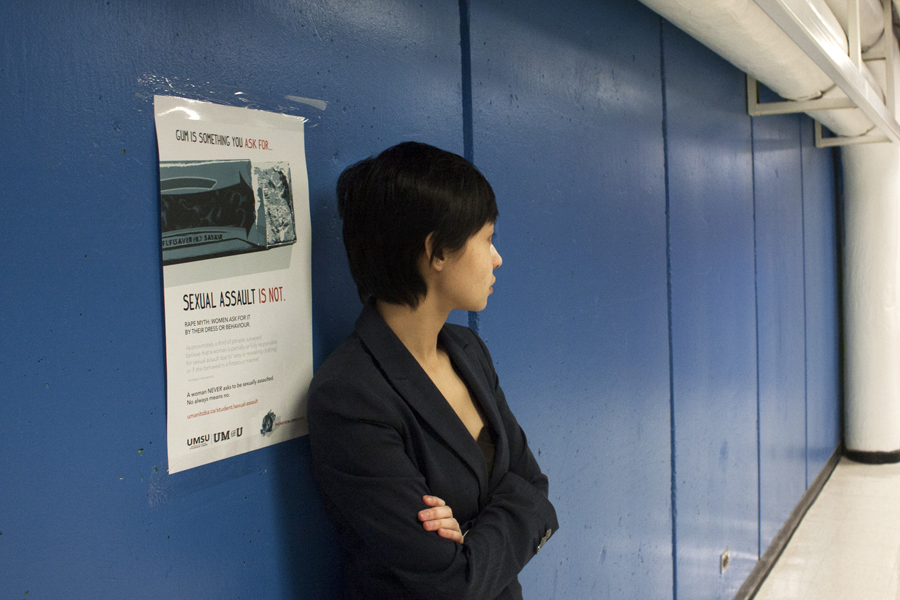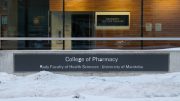University graduates find opening in international job market
An increasing number of university graduates have stepped into the career of teaching English overseas, reported the Guardian.
Gordon Mathie, managing director of Teaching English as a Foreign Language (TEFL)’s leading course provider i-to-i, said his organization has seen a 22 per cent increase in the number of students wanting to work abroad between March and May of this year, compared to the previous three months.
Much of the appeal stems from the opportunity to earn up to $2,430 per month while travelling around the world.
The market demand for oversea English teachers remains high, particularly in China, Czech Republic, Ecuador, Indonesia, Japan, South Korea and Georgia.
This makes it easy for university graduates to obtain a job placement with a TEFL certificate.
Number of American students in Middle East increasing
The number of students choosing to study abroad in the Middle East is increasing rapidly, according to the New York Times.
A February 2010 report from the Institute of International Education concluded that the number of American students studying in Arabic-speaking countries increased from 562 in 2002 to 3,999 in 2007.
The Critical Language Scholarship Program, a U.S. government initiative aimed at encouraging college students to study Arabic, as well as 12 other listed languages, has no doubt had a hand in boosting this numbers students studying Arabic.
Many of the students studying in Arab countries are interested in peace settlement and humanitarian issues, and are considering careers with the Foreign Service or a non-governmental organization.
The students claimed that they can now look at Arab countries in very different and more objective views after their studies abroad.
Privacy Commissioner wants finger-printing practice blocked for Canadian med-students
Canadian Privacy Commissioner, Jennifer Stoddart, accused the Association of American Medical Colleges (AAMC) of violating Canadian law and medical students’ privacy for demanding that students be digitally photographed and fingerprinted to confirm their identity before entering testing rooms, reported the Ottawa Citizen.
Stoddart launched legal action in Federal Court, asking the court to force the AAMC to find an alternative procedure.
The association uses “biometric identity verification” to stop cheating on tests, which it administers on behalf of schools in the U.S. and Canada. AAMC keeps the information for up to 10 years, which it claim helps ensure that the person who took the test is the same person who shows up for medical school.
However, this also means that U.S. authorities could later access this information under the Patriot Act.




